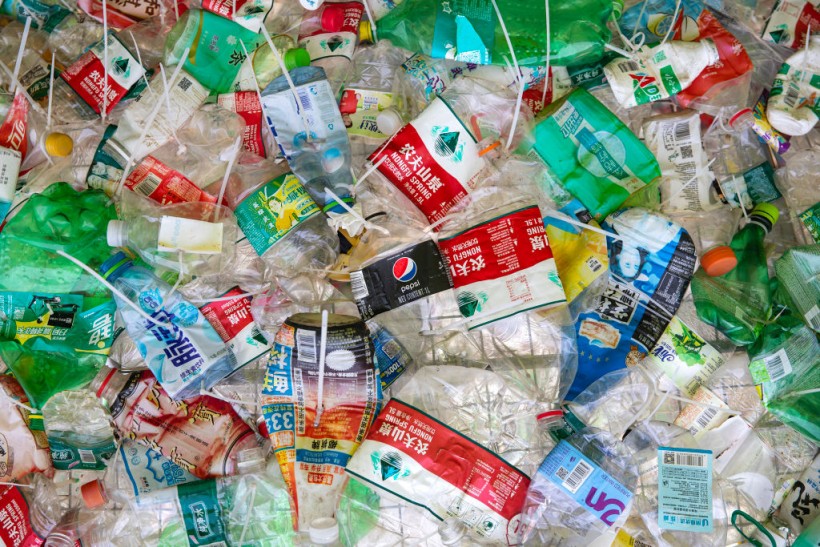Scientists collected a list of over 16,000 compounds identified in plastic products, discovering that more than 4,000 of them were harmful to human health and the environment.
Toxic Chemicals in Plastics
Researchers spent a year poring through study publications, sorting chemicals used in plastics based on their environmental and health effects-information that the team believes will inform government legislation and international efforts to reduce plastic use.
The report discovered that there are more plastic chemicals than previously thought, with 4,200 (26%) of these compounds, including those employed as basic materials, stabilizers, and colorants, being of concern due to their "persistent, bioaccumulative, mobile, and/or toxic" character.
More than 400 of the compounds identified in the study can be found in every major regularly used plastic product, including food packaging, and all tested polymers leached harmful chemicals into the environment, according to experts.
Previous studies have indicated that chemicals found in plastic products, such as phthalates, can alter the reproductive system and that early exposure in childhood is associated with the development of asthma.
Other molecules, including perfluoroalkyl and polyfluoroalkyl substances found in some plastic items, have been linked to an increased risk of cancer and immune system disorders.
The PlastChem report was released ahead of the next round of United Nations negotiations on global plastic pollution.
Read Also: 20 Companies are Responsible for 55% of the World's Total Plastic Waste, Report Shows
Unavailable Hazard Data
The report also revealed that hazard data for over 10,000 chemicals used in the plastic industry is unavailable, and over 9,000 compounds have no publicly available information regarding the products they are utilized in.
Researchers believe this is due in large part to the plastics industry's refusal to disclose proprietary information.
While worldwide conventions like the Stockholm Convention on Persistent Organic Pollutants control over 1,000 plastic compounds, hundreds more do not.
Scientists have called for greater disclosure about what chemicals-iincluding additives, processing aids, and impurities-aare used in plastics, especially recycled items.
According to the report, one-quarter of the detected compounds do not have basic information about their chemical identity.
Only 6% of the compounds in plastics are regulated globally. Without governmental pressure, there is no incentive to disclose what's in the plastic.
PlastChem claims that their report will be critical for informing policy formulation targeted at reducing plastic pollution.
"It provides robust scientific evidence for the universe of all plastic chemicals and presents a science-based approach to identify and deal with plastic chemicals of concern," Laura Monclús, project manager of the PlastChem Project from NGI, said.
They also advocate for new approaches to regulating plastic compounds, such as hazard-based identification of groups of concern.
Kimberly Wise White, vice president of regulatory and technical affairs for the American Chemistry Council, an industry group dominated by plastics manufacturers, stated that the findings sought to "advance a hazard framework that ignores real-world exposures and paints an incomplete picture for regulators and the public."
While the plastics industry has stated that any worldwide convention should promote plastic recycling and re-use, the report argues that simply tackling plastic waste is insufficient to protect people.
Related Article: The Amount of Plastic Waste on Earth Is Enough to Wrap the Whole Planet
© 2024 NatureWorldNews.com All rights reserved. Do not reproduce without permission.


![Tsunami Hazard Zones: New US Map Shows Places at Risk of Flooding and Tsunamis Amid Rising Sea Levels [NOAA]](https://1471793142.rsc.cdn77.org/data/thumbs/full/70325/280/157/50/40/tsunami-hazard-zones-new-us-map-shows-places-at-risk-of-flooding-and-tsunamis-amid-rising-sea-levels-noaa.jpg)



